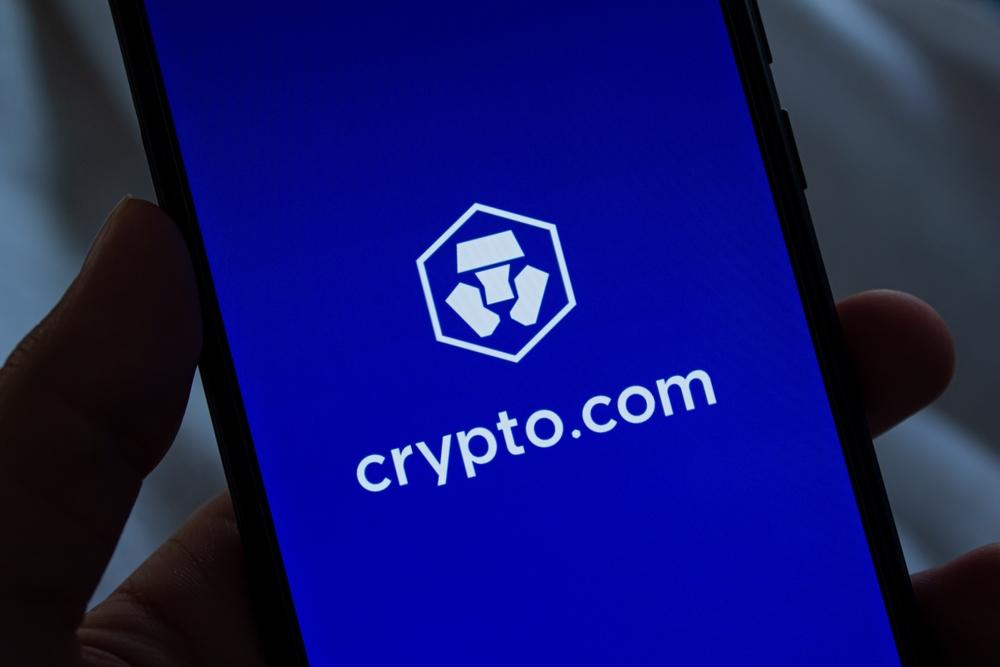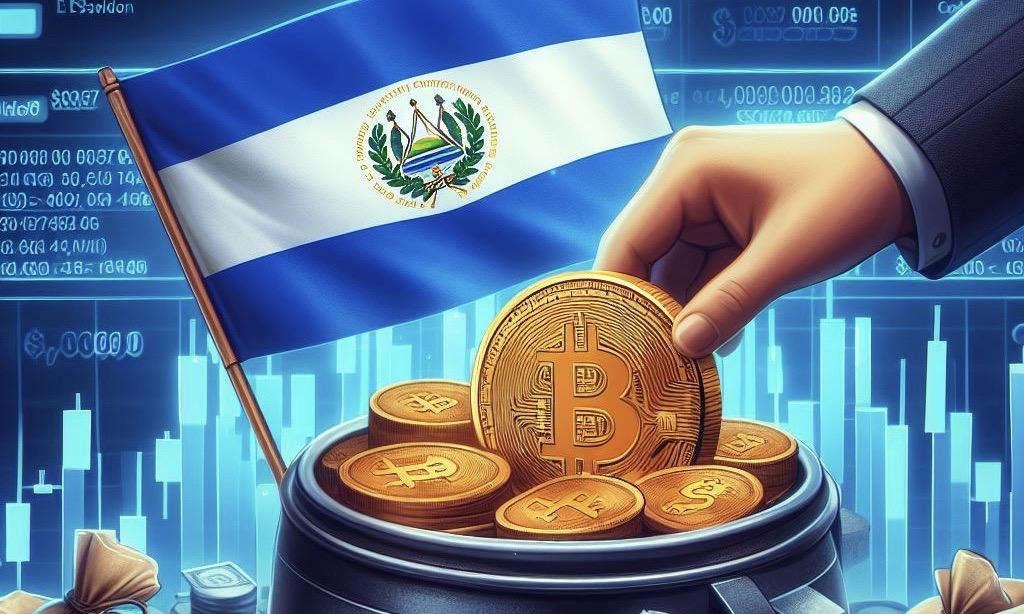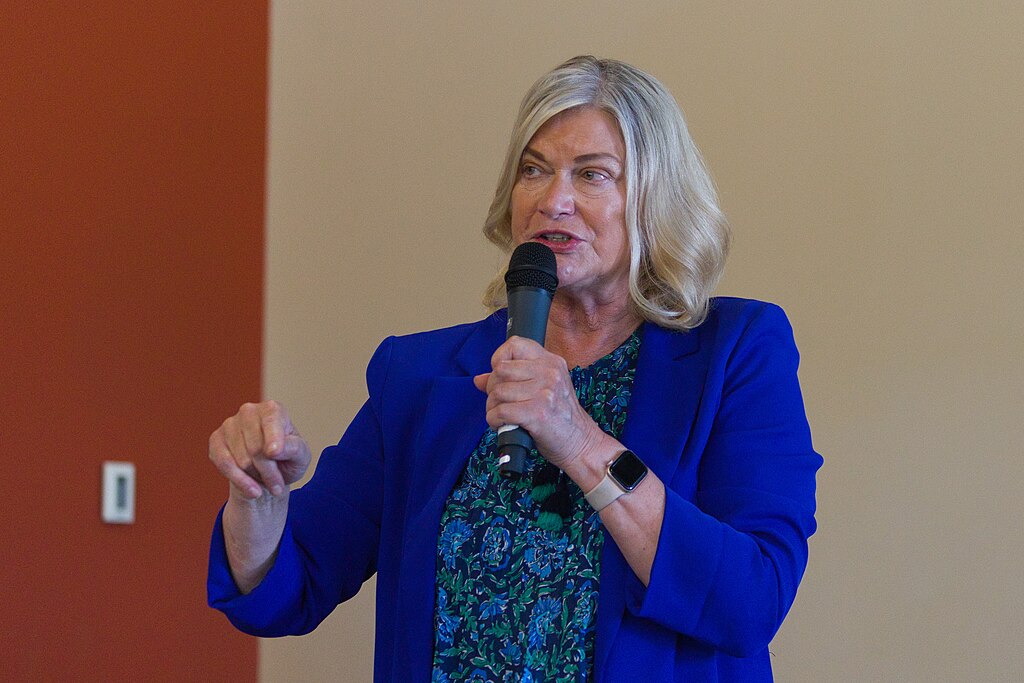A Kenyan court has ordered Sam Altman’s crypto ID project, Worldcoin, to delete all biometric data it collected in the country, intensifying global scrutiny over its controversial data practices. The Nairobi High Court ruled that Worldcoin, now known as World, and its agents violated Kenya’s data protection laws by gathering iris scans and sensitive biometric information without valid consent from the Office of the Data Protection Commissioner (ODPC).
The court found that users were lured into providing biometric data through monetary incentives, namely Worldcoin’s WLD token, undermining the principle of informed and voluntary consent. The ruling follows a legal challenge by the Katiba Institute, a local rights organization. Their counsel, Joshua Malidzo Nyawa, called the verdict a "win for privacy rights," stating that consent obtained via inducements is legally invalid.
The court directed Worldcoin’s operators to delete all collected biometric data within seven days under ODPC supervision and barred them from further data collection or processing unless lawful consent is obtained and data protection impact assessments are conducted.
This decision marks a major setback for the crypto-based identity project, which uses iris-scanning devices called “Orbs” to create unique digital IDs. In exchange, users receive WLD tokens. World has faced mounting regulatory action globally, including a recent suspension in Indonesia over suspected legal violations, and scrutiny in Germany, Brazil, and Hong Kong.
Despite international pushback, World is expanding in the U.S., recently launching in six cities including Los Angeles and Miami. However, skepticism remains over the company’s claim of offering a "privacy-first" identity solution.
Following the Kenyan ruling, WLD dropped 6.8% to $0.86, according to CoinGecko, highlighting the growing investor concern over the project's legal and ethical standing.



























Comment 0